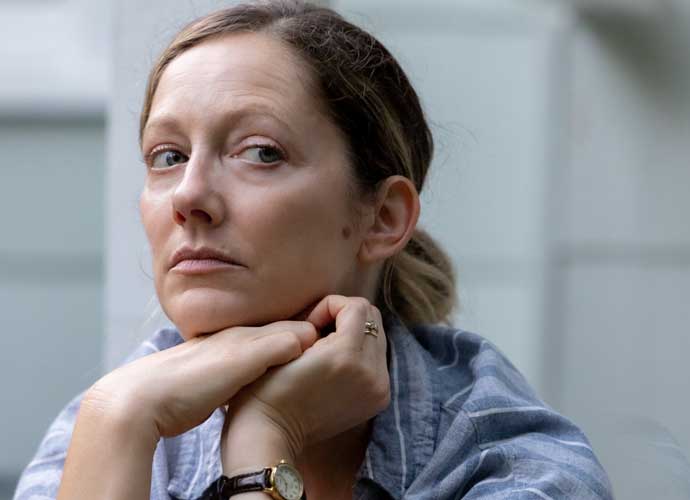‘Eric LaRue’ Tribeca Film Review: A Misguided Directorial Debut From Michael Shannon

2/5
Due to the unfortunate relevancy of school shootings in American society, it’s no wonder that we’ve been seeing more and more films about this subject matter. However, while several films and TV series have primarily focused on students and how such atrocities have affected their lives, Michael Shannon’s directorial debut, Eric LaRue, which premiered last week at the Tribeca Film Festival, takes a very different path.
Instead, the film tells the story of a grieving mother whose high school son committed a school shooting and murdered three students in the process. She and her husband use religion to cope with this tragic event, but when they realize that their approaches to recovery are completely different, they become completely at odds with each other, arguing and criticizing the other’s approaches to dealing with the situation.
Eric LaRue is clearly attempting to be in the same vein as films like We Need To Talk About Kevin and Mass, other films that are told from the perspective of a school shooter’s parents. However, unlike those great films that have very straightforward and clear narratives that keep audiences engaged, there is barely anything remarkable about the film. It is trying to be so many things at once – it ends up making the film feel incredibly jumbled and disorganized.
Eric LaRue feels like three movies at once: it is trying to be this poignant story about school shootings within American society, how people use religion to cope with tragedies, and a mother trying to cope with the fact that her son is a murderer. The film attempts to be all three of these things at once, but it doesn’t succeed at anything it tries. For a movie that is almost two hours long, you’d expect that if it has these ambitious goals to explore all these thematic elements it would use that runtime to carefully dissect these themes.
Instead, the film is repetitive and only tackles these subjects in the most surface-level way. For example, the second half of this film is quite possibly the most frustrating part – a cycle of Janice (Judy Greer) and her husband (Alexander Skarsgård)‘s characters constantly bickering about which churches they should go to grieve and cope with the shooting, the two separate to go to their respective places of worship, and then have conversations with the people at these churches. It is the same thing over and over again, and it became so stretched out that I was struggling to stay awake at times.
The worst part though is that there was a genuinely great scene involving Janice and her son (Nation Sage Henrikson) that I thought was really fantastic both in terms of performance and direction. I thought to myself, “Oh wow, we’re finally getting into something new and interesting. This might go somewhere,” but then right after that scene the film rolls to the credits, and my enthusiasm immediately died.
What I think is most frustrating about this film is that the movie is not a lost cause at its core. There are great elements to it, most notably the performances from Greer and Skarsgård. I can see a great film buried underneath that I believe that if the movie was re-edited and a good chunk was removed, the end result would be a much more polished, refined experience that can still communicate the same points that Shanon wanted to share without resorting to something so elongated.
RELATED ARTICLES
Get the most-revealing celebrity conversations with the uInterview podcast!








Leave a comment